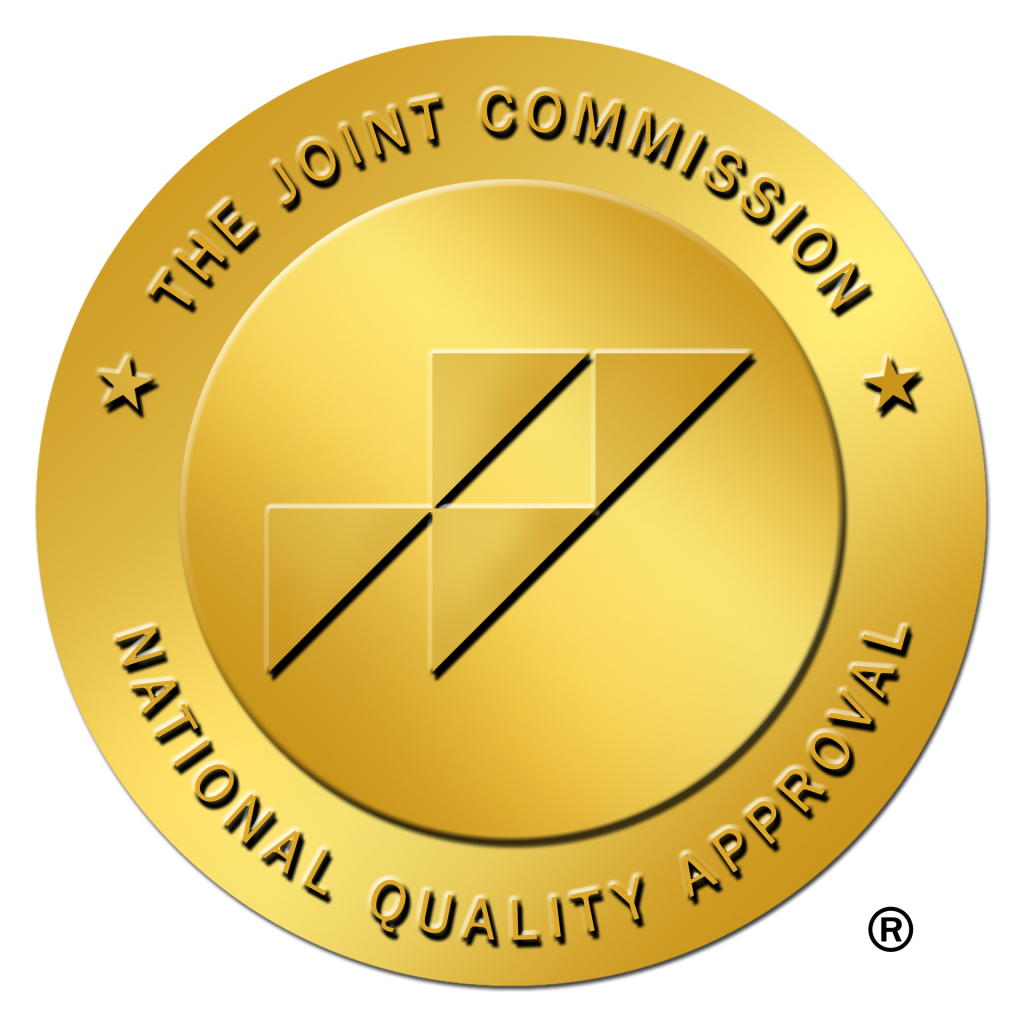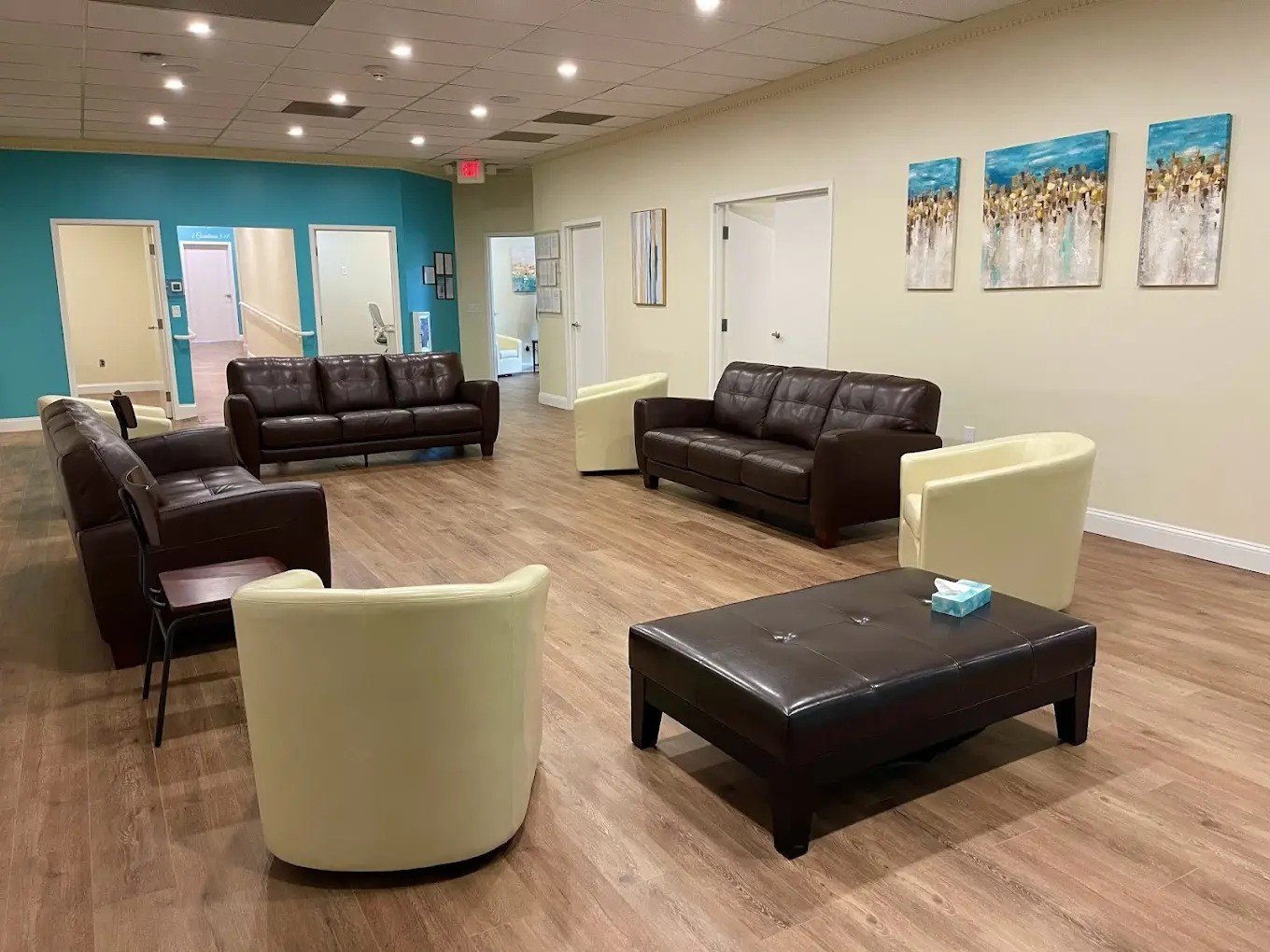Va ccn outpatient alcohol rehab
Understanding the Essence of Outpatient Rehab
Outpatient rehabilitation facilities play a crucial role in the continuum of care for individuals seeking recovery from substance use disorders. Unlike inpatient care, outpatient rehab allows clients to maintain daily responsibilities while receiving treatment. This is particularly significant for those needing flexibility in their recovery journey.
Focusing on programs like Va ccn outpatient alcohol rehab, these centers provide structured support without the requirement for patients to reside at the facility. This approach not only respects personal and professional commitments but also encourages the integration of recovery practices into real-world situations. With the demand for versatile treatment options growing, outpatient services are becoming an increasingly vital component of comprehensive addiction care.
Specialized Approaches and Programs
Outpatient rehabilitation is characterized by the diversity of its treatment modalities. Programs such as the Intensive Outpatient Program (IOP) or Partial Hospitalization Program (PHP) offer varying levels of intensity, tailored to the specific needs of individuals. These programs provide therapeutic interventions through individual and group counseling sessions, which are critical in establishing a strong support network among peers.
Tailoring treatment to specific demographics, like veterans eligible for VA and Tricare benefits, further exemplifies the adaptability of outpatient facilities. For example, Va ccn outpatient alcohol rehab incorporates veteran-focused therapies, recognizing the unique challenges faced by those who have served in the armed forces. This attention to specialized care ensures that all clients receive the most effective treatment for their circumstances.
- Medically assisted detoxification
- Dual diagnosis interventions
- Family support services
Interplay of Flexibility and Structure
One of the key advantages of outpatient care is its ability to blend flexibility with structured treatment plans. Programs like the Va ccn outpatient alcohol rehab allow individuals to receive care while living at home, attending school, or maintaining employment. This arrangement requires a balance that meets the therapeutic needs of patients while accommodating their personal lives.
The structured nature of outpatient programs is evident in their scheduling and therapeutic content. Regular sessions often include cognitive-behavioral therapy (CBT), dialectical behavior therapy (DBT), and experiential therapies, which collectively support long-term recovery and relapse prevention. These therapies are designed to be adaptive, reflecting the dynamic nature of each client’s recovery journey.
The Importance of Dual Diagnosis Treatment
Many individuals seeking help for substance use also face concurrent mental health disorders, such as depression or PTSD. Dual diagnosis treatment is crucial for addressing both addiction and these co-occurring conditions. Va ccn outpatient alcohol rehab programs are particularly effective because they integrate comprehensive psychiatric care alongside addiction services.
Substance use and mental health issues often exacerbate each other, making an integrated treatment approach essential. Therapy that addresses trauma, anxiety, and mood disorders in conjunction with addiction therapy provides a holistic healing path. This paradigm not only aids in recovery but also equips patients with tools to manage their mental health proactively.
Key Benefits of Va ccn Outpatient Alcohol Rehab
The Va ccn outpatient alcohol rehab offers numerous benefits, especially in its accessibility and person-centered care approach. By eliminating the need for hospitalization, outpatient programs significantly reduce the stigma and life disruption often associated with addiction treatment. This model empowers individuals to apply recovery skills in their daily lives almost immediately.
Another advantage is the cost-effectiveness of outpatient treatment compared to inpatient care. By utilizing insurance and Tricare benefits, programs make rehabilitation more financially accessible to a larger audience. This economic feasibility ensures that treatment remains within reach for those in need, creating opportunities for sustained recovery and personal growth.
Combining Therapy with 12-Step Principles
Many outpatient programs integrate traditional therapy methods with 12-step principles, providing a comprehensive framework for recovery. The structured nature of 12-step programs, such as Alcoholics Anonymous (AA), offers spiritual and communal support that complements clinical therapies. This blend of practices is especially evident in programs like Va ccn outpatient alcohol rehab.
By emphasizing both individual accountability and communal encouragement, these programs create a supportive environment conducive to lasting sobriety. Understanding the spiritual and practical aspects of recovery through the 12-step tradition can enrich a patient’s journey, providing a robust foundation for ongoing health and wellness.
Involvement of Allied Health Professionals
The success of outpatient alcohol rehab is heavily reliant on the expertise of a multidisciplinary team of health professionals. Psychiatrists, counselors, social workers, and peer support specialists collaborate to provide a comprehensive treatment plan tailored to each individual’s needs. This team-based approach ensures all aspects of a patient’s well-being are addressed.
Allied health professionals bring varied perspectives and skills, from administering medication-assisted treatment to facilitating group therapy sessions. Their combined efforts enable a nuanced approach to recovery that considers both the physiological and psychological aspects of addiction, supporting patients in developing holistic coping mechanisms.
Personalized Treatment Pathways
Customization in treatment is essential for addressing the unique needs of each individual seeking recovery. At Va ccn outpatient alcohol rehab, personalized plans are crafted with input from patients and their families, ensuring that therapeutic efforts align with personal values and lifestyle. This individualized focus is a cornerstone of effective outpatient care.
These pathways often incorporate a mix of traditional therapies and innovative practices, such as animal-assisted or experiential therapy. By respecting and integrating the diverse needs and preferences of clients, these personalized plans increase engagement and improve the chances of a successful long-term recovery.
Embracing Innovative Therapies
Innovation in therapeutic modalities enriches the outpatient rehab experience. Programs like Va ccn outpatient alcohol rehab often feature cutting-edge treatments that enhance traditional methods. Incorporating creative techniques, such as art therapy or mindfulness practices, allows patients to explore new ways of processing emotions and trauma.
These innovative approaches not only diversify the treatment experience but also provide alternative pathways for healing and self-discovery. Embracing these therapies can lead to greater personal insight, fostering resilience and adaptive skills crucial for maintaining sobriety.
Support for Family and Advocates
Family and advocates play a vital role in the recovery process, often serving as both supporters and motivators. Outpatient programs like Va ccn outpatient alcohol rehab recognize this, offering resources and counseling specifically designed for families. By equipping loved ones with knowledge and skills, these programs foster an environment of understanding and collective healing.
Therapeutic interventions such as family therapy sessions provide a platform for open dialogue, allowing for the resolution of conflicts and misconceptions surrounding addiction. This family-oriented approach not only supports individuals in recovery but also strengthens family bonds, which can be a critical component of sustained recovery success.
What makes outpatient rehab such a crucial component in addiction recovery?
Outpatient rehab plays a pivotal role in addiction recovery by offering treatment options that respect the patient’s need to remain engaged in daily life. Unlike inpatient care, outpatient programs allow individuals to receive structured support while continuing to fulfill personal and professional responsibilities. This flexibility is crucial for those who cannot afford to take extended time off work or be away from family. By fostering an environment where recovery strategies can be directly applied to real-world scenarios, outpatient rehab enhances the likelihood of sustained recovery. Have you considered how this kind of support might integrate into your current lifestyle?
How do specialized approaches in outpatient rehab cater to veterans specifically?
Specialized approaches in outpatient rehab, like those tailored for veterans, are designed to address unique challenges faced by this group. Programs often incorporate therapies that focus on trauma and PTSD, which are common among veterans. For instance, veteran-focused therapies might include trauma-informed practices and peer support groups that foster a sense of camaraderie and understanding. This attention to specialized needs ensures that veterans receive comprehensive care that not only addresses addiction but also the associated psychological issues. If you’re a veteran or know one, how important would personalized veteran-centric therapy be in the recovery process?
Why is dual diagnosis treatment critical in outpatient rehab?
Dual diagnosis treatment is essential because many individuals battling substance use disorders also experience co-occurring mental health conditions like depression or anxiety. Treating these conditions simultaneously is crucial for effective recovery. Outpatient programs that integrate psychiatric care with addiction treatment provide a holistic healing path that addresses both the mind and the body. This approach not only helps in managing addiction but also equips individuals with tools to deal with underlying mental health issues, reducing the risk of relapse. Have you ever considered how untreated mental health issues might impact recovery from addiction?
What is the benefit of combining flexibility with structure in outpatient rehab programs?
The blend of flexibility and structure in outpatient rehab is key to its effectiveness. Programs are designed to be adaptable, allowing individuals to maintain their daily routines while attending therapy sessions. Structured components, such as regular therapy sessions and scheduled activities, provide the necessary support framework. At the same time, the flexibility to attend these sessions around personal commitments ensures that treatment is accessible. This balance helps individuals integrate recovery practices into their everyday life, promoting long-term sobriety. Could such a flexible approach fit into your current routine and priorities?
How does family involvement enhance the effectiveness of outpatient rehab?
Family involvement is a critical factor in the success of outpatient rehab. Supporting and educating families about addiction helps create a nurturing environment for recovery. Therapeutic interventions, like family therapy sessions, offer a platform for open dialogue, helping resolve conflicts and correct misconceptions about addiction. This collective healing approach strengthens family bonds and fosters an environment conducive to recovery. Have you thought about the role your family might play in supporting someone through their recovery journey?
What are the key benefits of outpatient rehab programs, particularly for those eligible for VA benefits?
Outpatient rehab offers several benefits, especially for those eligible for VA benefits. One significant advantage is cost-effectiveness, as these programs are often more affordable than inpatient care and can be partially covered by insurance, including VA and Tricare benefits. Outpatient treatment also reduces the stigma and life disruption often associated with inpatient rehab, allowing individuals to apply recovery skills in real-world settings immediately. This accessibility and empowerment can be crucial for sustained recovery. Have you explored all available resources that could reduce the costs and enhance the accessibility of treatment?
Resources
- Substance Abuse and Mental Health Services Administration (SAMHSA) – SAMHSA is the leading agency for behavioral health services in the United States, providing valuable resources and support for individuals and families affected by substance use disorders.
- American Psychiatric Association – The American Psychiatric Association offers credible information and resources related to mental health disorders, including addiction and dual diagnosis treatment.
- National Institutes of Health (NIH) – NIH is a renowned research institution that provides reliable information on various health topics, including addiction treatment and recovery methods.
- U.S. Department of Veterans Affairs – The VA offers specialized services and programs for veterans, including outpatient rehabilitation programs like the Va ccn Outpatient Alcohol Rehab mentioned in the article.
- TRICARE – TRICARE provides health care services for military members, veterans, and their families, offering coverage for outpatient substance abuse treatment programs.






